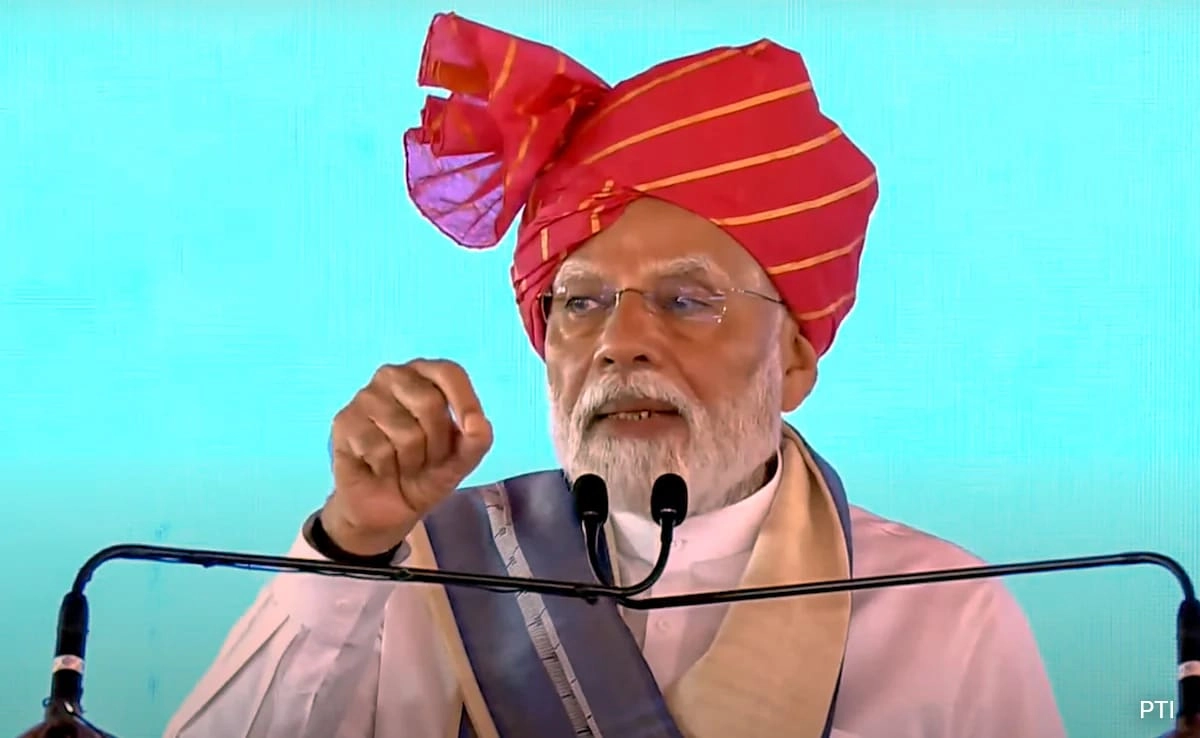In a recent address, Prime Minister Narendra Modi made a striking remark regarding the historical treatment of Scheduled Castes (SCs), Scheduled Tribes (STs), and Other Backward Classes (OBCs) in India. He asserted that previous administrations, particularly during the Congress-led governments, had relegated these communities to the status of second-class citizens. Modi’s comments are rooted in a broader narrative concerning social justice and the need for equitable treatment of all citizens, regardless of their caste or background.
The Prime Minister’s statement highlights a long-standing issue in Indian society, where caste-based discrimination has persisted for centuries. SCs, STs, and OBCs have often faced systemic barriers that have limited their access to education, employment, and social mobility. Modi’s administration has frequently emphasized its commitment to uplifting marginalized communities through various initiatives and policies aimed at empowerment and inclusion. By attributing the responsibility for past injustices to the Congress party, Modi seeks to draw a clear distinction between his government’s agenda and that of previous regimes.
Moreover, Modi’s remarks resonate with a significant portion of the electorate that feels disenchanted with the historical neglect of these communities. His government has implemented measures such as reservation policies in educational institutions and government jobs, which aim to provide these groups with better opportunities. The Prime Minister’s emphasis on the injustices faced by SCs, STs, and OBCs serves not only as a critique of past governance but also as a rallying point for his party’s ongoing efforts to deepen its support among these communities.
In the broader context of Indian politics, Modi’s comments reflect a strategic maneuver to consolidate voter support by addressing long-standing grievances. By framing the narrative around social justice and empowerment, the Prime Minister seeks to position his government as a champion for the rights of marginalized populations. This approach may also play a crucial role in shaping the political landscape in the lead-up to future elections, as it taps into the aspirations of those who have historically been overlooked. Ultimately, Modi’s remarks serve as a reminder of the ongoing challenges related to caste and equality in India, emphasizing the need for continued dialogue and action to ensure that all citizens are treated with dignity and respect.




